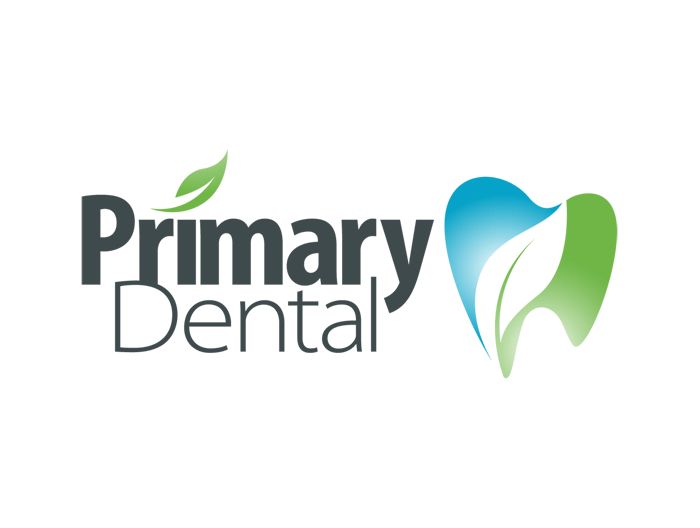Impacted wisdom teeth
When one of these teeth doesn’t have enough room to come in normally, it is considered impacted. Teeth may become twisted, tilted, or displaced as they try to emerge.
Regular dental appointments and x-rays can catch impacted teeth early before you experience any symptoms:
- Pain
- Swollen and bleeding gums
- Swelling around the jaw
- Bad breath
- Headache or jaw ache
- Unpleasant taste when eating
- Stiffness of the jaw
Impacted wisdom teeth that are left untreated can lead to gum disease and tooth decay. You may also experience damage to your other teeth, including infection and overcrowding of teeth, so it is important to see us as soon as any of these symptoms emerge.
Wisdom tooth extraction
Infection from wisdom teeth may be treated with improving oral hygiene, having the area cleaned by the dentist, or antibiotics. However, the infection may keep coming back if the wisdom teeth are not removed.
When extraction is necessary, a local anaesthetic will be administered to numb the area. Our understanding team are always sensitive to our patients’ needs and a sedative may also be offered to alleviate anxiety.
If the tooth has broken through the gum, a simple extraction can be performed. If it is still below the gum line, however, the dentist or oral surgeon will cut through the gum to remove a portion of the bone to get to the root. In most cases, the tooth will be cut into small pieces instead of as a whole to minimise the size of the hole, which may then be stitched up.
Support your recovery
After a wisdom tooth extraction, you may experience some bleeding, soreness, and swelling. To help aid your recovery, keep these tips in mind:
- Take time to relax after the procedure to allow your body to heal more effectively. Take a few days off from work or school and don’t overexert yourself.
- The day after your extraction, you may find relief by placing an ice pack on your jaw and alternating sides every 15 minutes. This will prevent your jaw and cheeks from swelling up and may even help to numb the pain. After a couple of days, you can try a heat pack to assist in healing.
- Manage your pain levels with any prescribed anti-inflammatory drugs or painkillers. It is a good idea to take them as soon as possible to prevent the onset of pain. If you do not receive a prescription, over-the-counter medicines can be taken but be sure to follow the instructions on the medications.
- Keep your mouth clean, regularly rinsing your mouth with warm water or a salt solution.
- Stick to soft foods such as yoghurt, smoothies, broth, and jelly for the first day or two. Gradually introduce solid foods back into your diet.
- When you sleep, prop up your head with a stack of pillows. This will not only prevent swelling; it will also help prevent excessive blood flow in your mouth.
If you take the proper steps to alleviate pain and swelling, you can recover quickly and be back to normal within a few days.





